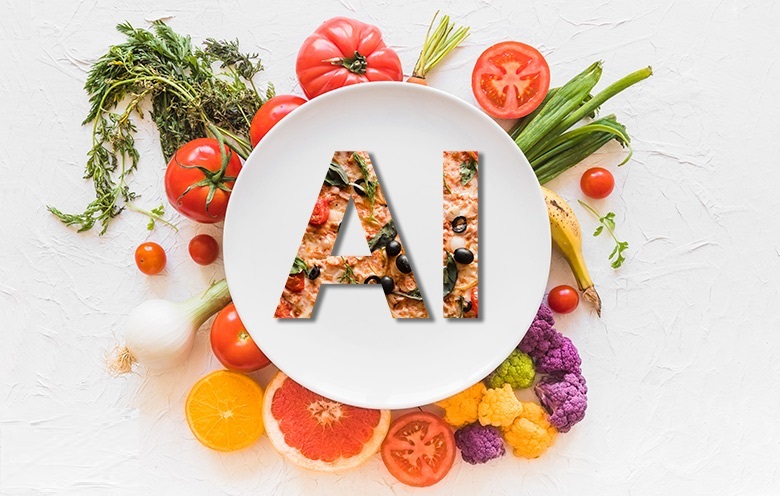
As a key player in the global economy, the food and beverage industry is not only dynamic but also rich in data – ranging from intricate crop yield details to complex consumer preferences. It is in this data-rich landscape that artificial intelligence (AI) is exerting a transformative influence, powering novel applications that overhaul traditional operations.
AI Amplifying Operational Efficiency
Artificial intelligence holds the potential to revolutionize every facet of the food and beverage supply chain. AI, as a tool, can optimize crop yields by analyzing multiple variables such as weather conditions and soil quality. These insights aid farmers in producing more efficient and higher-yielding harvests.
Within the manufacturing sphere, AI brings the dual advantage of automating tasks such as packaging and labeling while simultaneously liberating the human workforce for more complex, strategic operations.
Logistics and supply chain management stand to gain significantly from AI integration. From route optimization for transportation to efficient inventory management, AI-driven strategies not only reduce waste but also promise substantial cost savings.
The AI Advantage in Quality Control
Quality control is another critical area where AI is making significant strides. Advanced AI technologies can identify potential foodborne pathogens by analyzing images of food items, thus ensuring enhanced food safety. AI’s capability to detect product defects, such as cracks or blemishes, is another vital asset in maintaining product quality.
Moreover, AI can monitor food production processes in real time, guaranteeing compliance with safety regulations and promptly identifying deviations.
Customer Engagement Reinforced by AI
Artificial intelligence has a transformative role in customer engagement as well. By analyzing customer data, AI can curate personalized product recommendations, enhancing the customer experience.
AI-powered chatbots can provide round-the-clock customer support, thereby bolstering customer satisfaction. Moreover, AI’s ability to generate engaging marketing content, be it blog posts or social media campaigns, ensures a stronger and more personalized connection with the customer base.
The Forward March of AI in the Food and Beverage Industry
Although the application of AI in this industry is still nascent, its proliferation is undeniable. As AI technologies evolve, their innovative applications in the food and beverage industry continue to expand. AI’s potential to develop new food products tailored to specific consumer preferences or even facilitate food growth in space demonstrates its immense promise.
Furthermore, AI’s potential to create sustainable food production systems that reduce the environmental impact presents a compelling vision of the future.
SciEncephalon, with its cutting-edge AI solutions, is a trailblazer in this transformative journey. Its focus is not only on creating new food products tailored to specific consumer preferences but also on leveraging AI in the emerging realm of space agriculture. These initiatives could potentially offer solutions to food shortages on Earth.
Moreover, SciEncephalon’s efforts to harness AI for creating sustainable food production systems align with the global push towards environmental responsibility.
In summary, SciEncephalon’s contribution goes beyond shaping the future of the food and beverage industry. It is driving the industry towards an era marked by heightened efficiency, exceptional quality, personalized customer experience, and a strong commitment to sustainability. With the continuous evolution of AI technologies, the food and beverage industry is on the brink of unprecedented innovation, with SciEncephalon leading the charge.
#AIInFoodAndBeverage #SustainableFoodProduction #AIQualityControl #PersonalizedCustomerExperience #SciEncephalonRevolution
